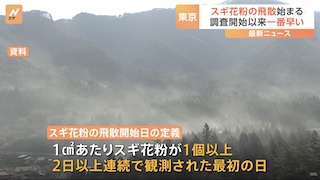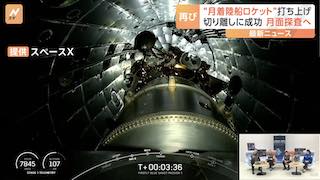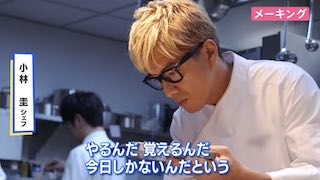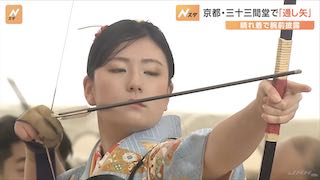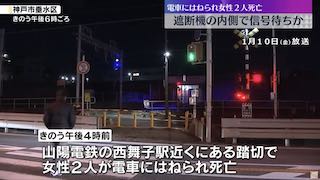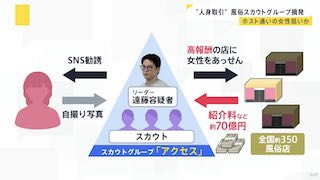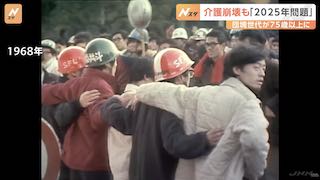Apr 04 (Nikkei) - Today, Kabukicho, in Shinjuku, Tokyo, is a modern downtown district with glittering neon lights, but it was very different right after the war. When it rained, the streets turned to mud. And there were still fields rank with weeds in many places.
A black market formed in the area and people came from all over to buy food, clothing and other daily necessities. It was bustling with activity thanks to the reconstruction effort.
My mother opened her dressmaking shop, Fumi Yosoten, just across the street from Shinjuku Koma Theater, which was built in 1956 and closed at the end of 2008. It was right in the middle of Kabukicho. My mother and I would sleep in a small, tatami-covered room next to the workspace. My job every day was to massage my mother's legs and back after a long day's work.
"You'd live easier if you just remarried," I often thought as a child, regarding my mother's situation.
Kabukicho was a rough neighborhood. Drunks who were unwilling to pay their debts were beaten half to death by yakuza gangsters on the streets, and prostitutes would bare their skin and grab the sleeves of American soldiers. Such scenes were commonplace. ...continue reading




